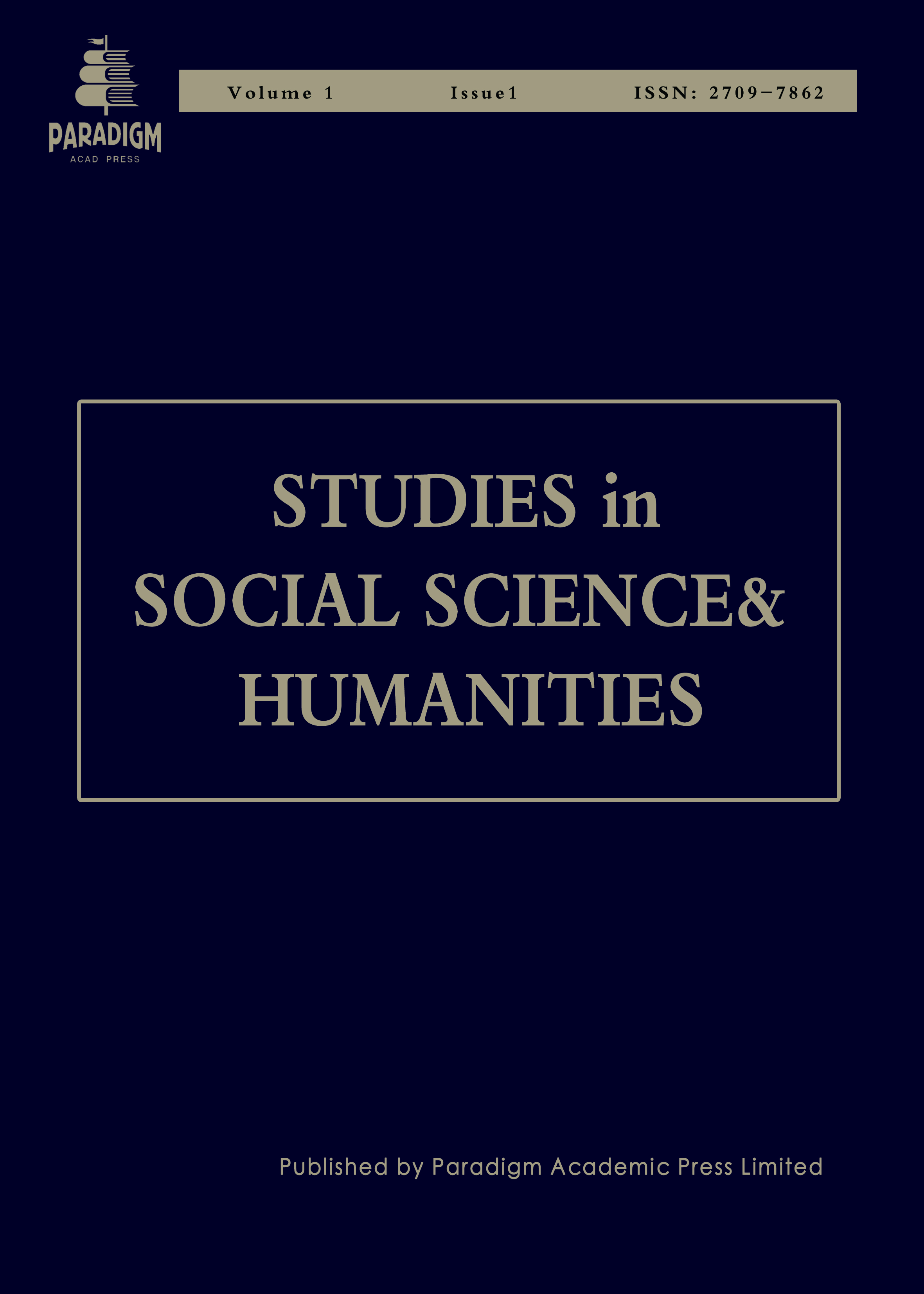The Construction of a Dual Mechanism for Cultivating the Spirit of Rural Elites Among Public-Funded Teacher Trainees
DOI:
https://doi.org/10.63593/SSSH.2709-7862.2025.07.007Keywords:
public-funded teacher trainees, spirit of rural elites, identity theory, relational sociologyAbstract
Against the backdrop of China’s rural revitalization strategy and the national initiative to build an education powerhouse, public-funded teacher trainees constitute the core force in developing rural teaching teams. Cultivating their spirit of rural elites is thus of paramount importance. Grounded in identity theory and relational sociology, this study constructs a dual cultivation mechanism for fostering the spirit of rural elites among these trainees. The “Pre-Service and Post-Service Integrated Mechanism” emphasizes holistic development throughout the career lifecycle. During the pre-service phase, strategies such as redefining talent development objectives, optimizing curriculum systems, and implementing contextualized teaching strengthen trainees’ understanding of the spirit of rural elites. In the post-service phase, targeted professional development, diverse platform building, and cultural cultivation foster a deeper embodiment and practice of this spirit. Information sharing and resource integration ensure seamless continuity between pre-service cultivation and post-service implementation. The “Individual-Organization Synergy Mechanism” underscores bidirectional empowerment. At the individual level, mechanisms focus on awakening self-awareness, internalizing values, and cultivating behaviors to stimulate intrinsic motivation for identifying with the spirit of rural elites. At the organizational level, universities, governments, and society collaboratively create a supportive ecosystem for growth. Together, these mechanisms form a symbiotic network where “organizational support empowers individual practice, while individual actions reciprocally enrich organizational development.” Through sustained cultivation over time and dynamic interaction between subjects and their environment in space, this dual mechanism provides a systematic solution for nurturing public-funded teacher trainees who are deeply rooted in local communities and capable of leading rural educational revitalization. This framework offers both theoretical innovation and practical guidance for addressing the persistent challenges of rural teachers being “unwilling to relocate to rural areas, unable to remain long-term, and struggling to teach effectively.”


